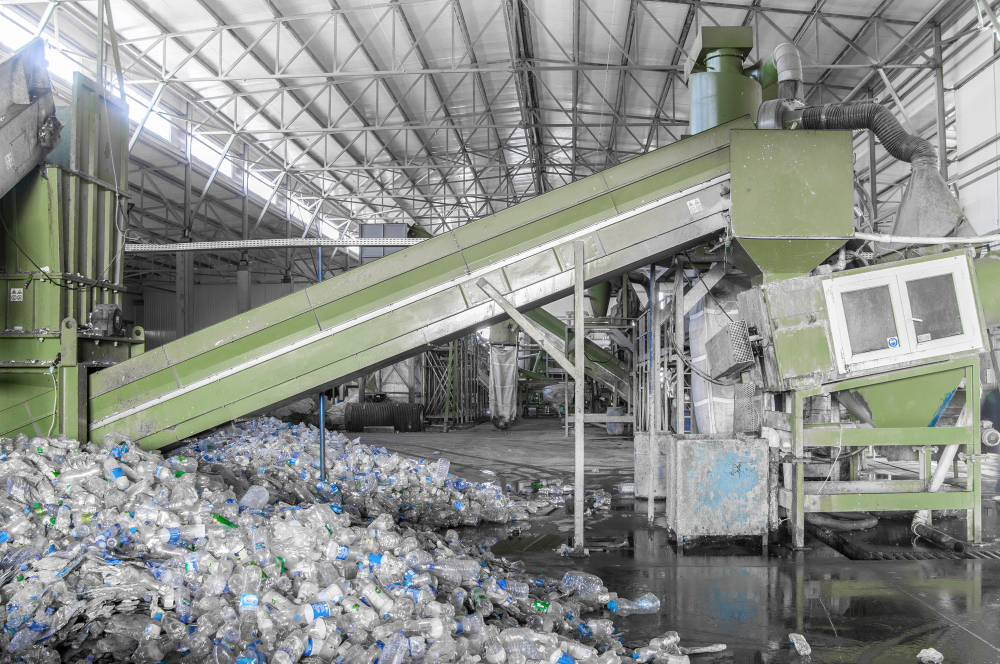
Plastic waste has long been a global challenge, with landfills and waterways brimming with discarded plastics. But advancements in technology are paving the way for a more sustainable future. These new recycling innovations enable us to process more types of plastic, reduce dependency on virgin materials, and lower overall emissions.
If you're looking for professional help with plastic recycling in New Jersey, keep reading. This blog will explore the latest breakthroughs in plastic recycling technologies and how they’re reshaping waste management. You'll also learn how you can take action locally to contribute to a sustainable future.
Before we jump into the technologies, let's establish why continuous innovation in plastic recycling is essential. Historically, recycling rates have been low due to issues like:
Less than 10% of all plastic produced globally has been recycled. Innovative recycling technologies aim to change this narrative by overcoming these limitations and making recycling more efficient and accessible.
For individuals and businesses in New Jersey, these advancements mean improved local recycling services and opportunities to reduce waste more effectively.
Here’s a closer look at some of the most exciting technologies currently transforming plastic recycling:
Chemical recycling, also known as advanced recycling, uses heat, pressure, and solvents to break plastics down into their molecular compounds. Unlike traditional recycling, which often degrades plastic quality, chemical recycling allows the production of high-quality, reusable materials.
For example, several companies in the U.S. are now testing fully operational chemical recycling plants that can process materials like multi-layered food packaging, which was previously non-recyclable.
One of the biggest hurdles in traditional recycling is accurate sorting. Advanced artificial intelligence (AI)-powered sorting systems are improving this process at recycling facilities. These systems use high-resolution cameras and machine learning algorithms to identify and separate plastics by type, color, and size with incredible precision.
AI-powered sorting is already making waves at major facilities in New Jersey, ensuring that your recycled plastic ends up where it should.
Scientists have recently discovered enzymes capable of breaking down certain types of plastics, such as PET (commonly found in water bottles and food packaging), into their base components. These components can then be reused to create new plastics.
Enzymatic recycling is still in its early stages but holds great promise for sustainable plastics management.
Smaller, decentralized recycling units are popping up in urban areas, including regions like New Jersey, to process plastic waste locally. These units are equipped with advanced compact machinery that can handle various types of plastics efficiently.
For busy urban centers in New Jersey, decentralized recycling solutions are a step forward in reducing the environmental footprint while improving accessibility to recycling.
Blockchain technology is now being used to track the entire lifecycle of plastics, from production to recycling. This ensures that bottles, packaging, and other materials sent for recycling actually get processed instead of ending up in landfills.
For instance, companies in New Jersey adopting blockchain ensure that businesses meet sustainability commitments through verified recycling outcomes.
New Jersey continues to rank as a leader in environmental innovation, with community initiatives and businesses now integrating advanced recycling technologies. Local companies are deploying AI-powered systems, while chemical recycling plants are gaining traction in the region. This shift represents an exciting opportunity for homeowners, businesses, and waste management professionals to rethink how they recycle.
Looking to recycle effectively in New Jersey? Get the most out of these technologies by partnering with trusted local services like All County Recycling.
Understanding and navigating advanced recycling systems is a significant step toward reducing waste. However, for true convenience and efficiency, partnering with professionals can save you time and make a real impact.
When you work with a professional recycling service like All County Recycling, you gain access to:
Wondering how you can contribute to these technological advancements? Here are some steps you can take:
The latest technologies are redefining how we approach plastic recycling, offering solutions that were once thought impossible. From chemical recycling to AI systems, these breakthroughs are closing the gaps in traditional processes and helping us move toward a more sustainable planet.
For New Jersey residents and businesses, now is the time to act. By using local recycling services and adopting responsible waste management habits, you can make a significant difference.
If you're ready to start making an impact, contact All County Recycling today to explore how we can meet your waste management needs. Together, we can work toward a cleaner, greener future, one recycled bottle at a time.